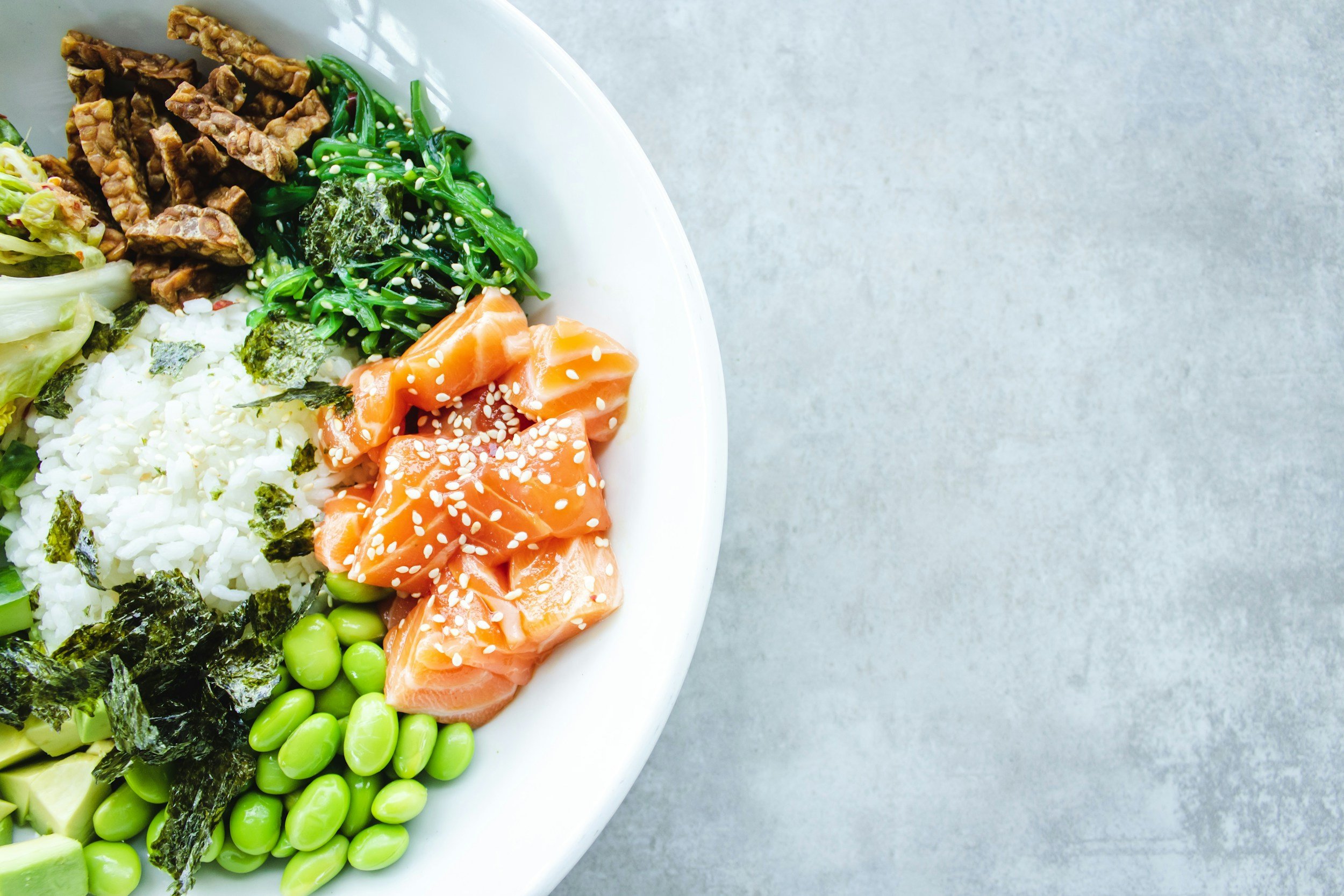Nutritional Shifts I have made since menopause
I think it’s high time I let you guys in on a little bit of the behind the scenes….
I make leafy greens a priority in my diet every single day. Especially dark leafy greens (like kale, Swiss chard, spinach), which are nutrient rich and fiber dense. Fibre helps keep us feel fuller longer. Leafy greens are natural sources of calcium and magnesium which are crucial to support our bone health as we age. Leafy greens also help feed our gut biome, which makes our brains happier and healthier!
In addition, greens like arugula and dandelion help the liver to produce more bile. Bile helps the liver in its role to detoxify the body. Our regular detox systems slow down in menopause so this is a great way to support your overall health.
I eat more fermented food. Adding fermented foods to your diet can transform the health of your microbiome. There’s strong evidence suggesting a correlation between a healthy gut biome and improved mental health. I’ve shared on Instagram before how frightening the mental side effects/symptoms of menopause are to me. To get fermented foods in, I try to add sauerkraut and kimchi to recipes. I put kefir into smoothies. Of course sourdough is delicious and a staple in my kitchen and when i’m out and see Kombucha, I’ll grab it.
I’ve made a point to eat more omega-3 fatty acids, which are essential for giving our brain those healthy fats, as well as minerals like selenium, zinc, and iodine, all of which are beneficial when it comes to reducing anxiety, improving mood and helping with brain fog. I don’t love sources like anchovies or mackerel so my go-to options are:
walnuts
salmon
chia seeds
flax seeds
eggs
Berries are a regular part of my diet. Blueberries, blackberries, raspberries, and strawberries are among the top fruit sources of antioxidants - so badly need to help fight inflammation and stress in the body. Inflammation can contribute to menopausal symptoms such as hot flashes, night sweats, brain fog and joint pain.
I’ve drastically reduced the sweets. I used to love a little sweet treat - especially after dinner. I’ve noticed that foods that are very high in sugar do not serve me any longer and I make an effort to avoid them. Things like cookies, cakes, and candies used to bring me joy. These days, they truly don’t. I do enjoy a glass or two of wine, so I will reserve the empty sugar calories for that.
Did you know: that the bacteria (bugs) in your gut are very opinionated?? If you crave sweets and sugary treats, it may be that you have an overpopulation of those bugs in your gut, and if you focussed on feeding the bacteria that thrive on fruits and vegetables, those ones will proliferate and you’ll begin to crave those foods instead. Fascinating!
I prioritize protein. Eating enough protein sometimes feels like a full time job but the benefits of eating protein have been widely studied and show to aid in an increase in lean body mass. I find I need to supplement most days with a scoop of protein powder (thankfully, I’ve found this one that I truly do like).
I hydrate like I’ve never done before. In the early days of perimenopause I began to notice sudden skin dryness, brain fog, lethargy and digestive issues. Hormonal changes during this time can cause these symptoms and more. Proper hydration can help regulate body temperature, improve skin elasticity, and support a healthy digestive system. I now start every morning with 16oz of lemon water with a pinch of salt. I use this electrolyte in the morning and continue to sip water all through the day. The salt in the electrolyte help the water actually get absorbed in the small intestine. Use my code LOVESTORY15.
I take a calcium and vitamin D supplement. Ensuring that my bones are strong is something that I can’t tell from looking at my body, so as a preventative measure, I’ve added a 900mg calcium supplement into my routine. I usually try to ensure I am getting my vitamins, minerals and essential nutrients from food, but if I can’t hit my goals each day, it makes me feel better to know that I’ve taken the supplements.
What about you? What are you doing diet and/or lifestyle wise to support your peri/menopause transition? Let’s share our ideas in the comments below 👇
Are you subscribed to my newsletter? Grab my Ultimate Pantry Checklist Here and stay in the loop about all things meals, menus, menopause and more!





